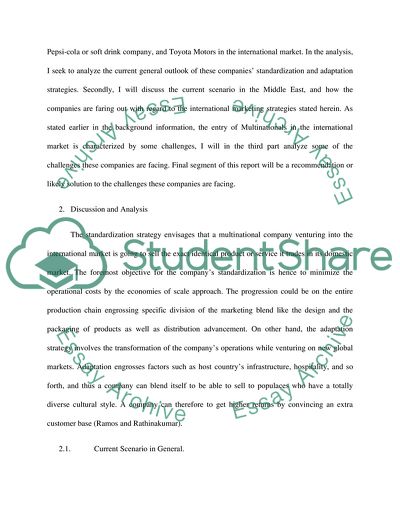Cite this document
(“Standardization And Adaptation Strategies of Macdonalds, Pepsi, Toyota Essay - 8”, n.d.)
Standardization And Adaptation Strategies of Macdonalds, Pepsi, Toyota Essay - 8. Retrieved from https://studentshare.org/marketing/1668533-international-management
Standardization And Adaptation Strategies of Macdonalds, Pepsi, Toyota Essay - 8. Retrieved from https://studentshare.org/marketing/1668533-international-management
(Standardization And Adaptation Strategies of Macdonalds, Pepsi, Toyota Essay - 8)
Standardization And Adaptation Strategies of Macdonalds, Pepsi, Toyota Essay - 8. https://studentshare.org/marketing/1668533-international-management.
Standardization And Adaptation Strategies of Macdonalds, Pepsi, Toyota Essay - 8. https://studentshare.org/marketing/1668533-international-management.
“Standardization And Adaptation Strategies of Macdonalds, Pepsi, Toyota Essay - 8”, n.d. https://studentshare.org/marketing/1668533-international-management.


